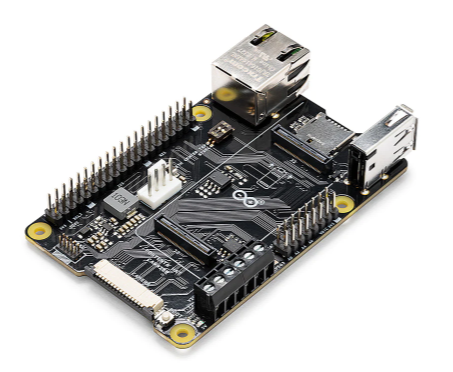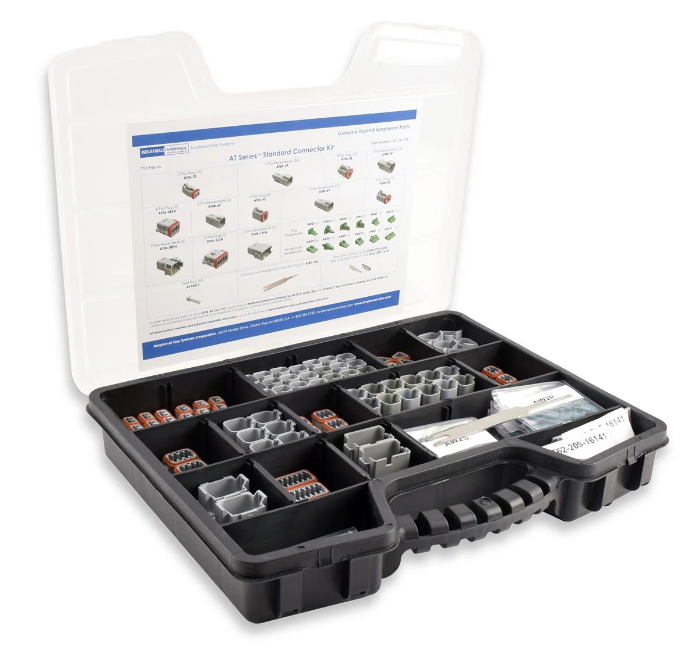Tokyo Institute of Technology
- 2-12-1 Ookayama
Meguro-ku
Tokyo 152-8550
Japan - +81-3-5734-2975
- http://www.titech.ac.jp/english/
- +81-3-5734-3661
Tokyo Institute of Technology Articles
GPT-4 artificial intelligence shows some competence in chemistry
The latest ‘large language model’ artificial intelligence system, GPT-4, could aid chemistry researchers, but limitations reveal the need for improvements.
Enzyme could help accelerate biofuel production
Researchers at Tokyo Institute of Technology have honed in on an enzyme belonging to the glycerol-3-phosphate acyltransferase (GPAT) family as a promising target for increasing biofuel production from the red alga Cyanidioschyzon merolae. Algae are known to store up large amounts of oils called triacylglycerols (TAGs) under adverse conditions such as nitrogen deprivation.
Semiconducting polymers for future devices
Scientists at Tokyo Tech have successfully developed n-type semiconducting copolymers with high electron mobilities. They investigated their properties and their effectiveness for thin-film transistors, obtaining highly promising results. Semiconducting polymers have numerous potential applications in modern technological devices owing to their low cost, low weight, and flexibility.
Tokyo Tech slashes power consumption in BLE transceiver
Researchers at Tokyo Institute of Technology have announced a Bluetooth Low-Energy transceiver with the lowest ever power consumption — a breakthrough set to accelerate widespread adoption of IoT applications in Japan and around the globe. An ultra-low-power Bluetooth Low-Energy transceiver designed for use in the popular 2.4 GHz band has been developed by a group of researchers led by Kenichi Okada of Tokyo Institute of Technology, Ja...
Miniaturisation helps atomic clocks to explore piezoelectric vibration
A research group that includes Motoaki Hara, Senior Researcher at the National Institute of Information and Communications Technology (NICT, President: Hideyuki Tokuda, Ph.D.), developed a simple miniaturised atomic clock system, which does not require a complicated frequency multiplication, as an outcome of a collaboration with Professor Takahito Ono of Tohoku University (President: Susumu Satomi) and Associate Professor Hiroyuki Ito of Tokyo In...
Elucidation of bone regeneration mechanism
Fish have the extraordinary ability to regenerate lost fins and other appendages containing cartilage and bone. The cells responsible for the regeneration offer new clues on how to regenerate tissues in humans. Researchers at Tokyo Institute of Technology (Tokyo Tech) have found a dormant progenitor cell population in zebrafish that regenerates bone cells, or osteoblasts. The study can be read in Developmental Cell.
Discovering therapeutic protein inhibitors for Chagas disease
Scientists at Tokyo Tech, Nagasaki University have identified four potential protein inhibitors and unlocked drug discovery strategies for the treatment of Chagas disease by using advanced 3D computer simulation by supercomputer TSUBAME in combination with in vitro experiments and X-ray crystallography.
Tokyo Tech and Kawasaki City join forces in R&D
Tokyo Institute of Technology and Kawasaki City announced that they are combining forces to conduct R&D, construct an infrastructure, and implement a business promotion program for the "Program to Industrialise an Innovative Middle Molecule Drug Discovery Flow through Fusion of Computational Drug Design and Chemical Synthesis Technology". This highly unique program incorporates computational drug design methods into the field of drug discover...
Antiaromatic molecule displays record electrical conductance
Researchers demonstrate high electrical conductance for an antiaromatic nickel complex — an order of magnitude higher than for a similar aromatic complex. Since the conductance is also tunable by electrochemical gating, antiaromatic complexes are promising materials for future electronic devices. Organic materials often have a lower production cost than traditional electric conductors like metals and semiconductors. Not all organic sys...
Powering the future with all-solid-state batteries
Researchers at Tokyo Institute of Technology have devised a low-cost approach to developing all-solid-state batteries, improving prospects for scaling up the technology for widespread use in electric vehicles, communications and other industrial applications. Ever since batteries were invented over 200 years ago, there has been a drive to improve quality and performance at reduced costs.
Scanning the surface of lithium titanate
Researchers at Tokyo Institute of Technology, Tohoku University, and the University of Tokyo have applied advanced scanning methods to visualise the previously unexplored surface of a superconductor, lithium titanate (LiTi2O4). LiTi2O4 is the only known example of a so-called spinel1 oxide superconductor. Its rarity makes LiTi2O4 of enormous interest to those studying the origins of superconductivity, as it has the highest superconducting tr...
Cancer control strategy from African clawed frog unveiled
A scientist at Tokyo Institute of Technology has discovered evolutionary fragility of genes encoding cyclin-dependent kinase inhibitors (CDKIs) in African clawed frog (Xenopus), suggesting novel mechanisms suppressing proliferation of cancer cells instead of CDKIs in these species. In their growth and development, all living organisms go through the cell cycle which is controlled by a triad of cyclin-dependent kinases (CDKs), cyclins, and CD...
AI dramatically increases image clarity under severe conditions
The research group of Professor Masatoshi Okutomi and Visiting Associate Professor Masayuki Tanaka of Tokyo Institute of Technology and NEC announced their joint development of a multi-modal image fusion technology that dramatically improves the clarity of images by using artificial intelligence (AI) to automatically combine visible images taken by standard cameras with non-visible images taken by specialised devices, such as thermal or terahertz...
Changing the colour of laser light on the femtosecond time scale
Using femtosecond visible and THz pulses as external perturbations, scientists at Tokyo Institute of Technology and Institute for Integrated Cell-Material Sciences, Kyoto University have investigated the second harmonic generation effect in photoexcited BiCoO3. Driven by the THz pulse, this research highlights the importance of orbital excitation in the Co3+ ion and provides clues for improving the performance of nonlinear optical phenomena ...
A possible way of producing next-gen materials
Scientists at Tokyo Institute of Technology, the Kanagawa Academy of Science and Technology have reported an unusual charge distribution of Pb2+Pb4+3Co2+2Co3+2O12 for a perovskite PbCoO3 synthesised at 12 GPa, with charge orderings in the A and B sites of an ABO3 perovskite. This strategy can possibly lead to the production of next-generation materials with fascinating properties such as superconductivity, colossal magnetoresistance, and high the...
Transparent ceramics make super-hard windows
Scientists have synthesised the first transparent sample of a popular industrial ceramic at DESY. The result is a super-hard window made of cubic silicon nitride that can potentially be used under extreme conditions like engines, as the Japanese-German team writes in the journal Scientific Reports. Cubic silicon nitride (c-Si3N4) forms under high pressure and is the second hardest transparent nanoceramic after diamond but can withstand substantia...
Learning how to fine-tune nanofabrication
Daniel Packwood, at Kyoto University's Institute for Integrated Cell-Material Sciences (iCeMS), Patrick Han at Advanced Institute for Materials Research (AIMR), Tohoku University and Taro Hitosugi at Tokyo Institute of Technology (and Visiting Professor at AIMR, Tohoku University) are improving methods for constructing tiny "nanomaterials" using a "bottom-up" approach called "molecular self-assembly".
Biofuel produced by microalgae
Scientists at Tokyo Institute of Technology have identified unique lysophosphatidic acid acyltransferases as being the central enzymes for triacylglycerol synthesis by oleaginous alga Nannochloropsis, thus uncovering the mechanisms of biofuel production in microalgae. In the modern society, energy generation heavily relies on fossil fuels, which, however, lead to environmental pollution and depletion of non-renewable resources.
Supercomputer TSUBAME3.0 scheduled to operate in summer 2017
The Tokyo Institute of Technology (Tokyo Tech) Global Scientific Information and Computing Center (GSIC) has started development and construction of TSUBAME3.01—the next-generation supercomputer that is scheduled to start operating in the summer of 2017.
Hapbeat: tension forces transmit vibrations
Excitement felt when listening to music is due to both the sounds heard and, importantly, the vibrations felt by the body. Furthermore, in spite of potentially favorable effects of vibroacoustic devices for listening to music, they are only used in special facilities and are not yet popular for the daily musical experience.









